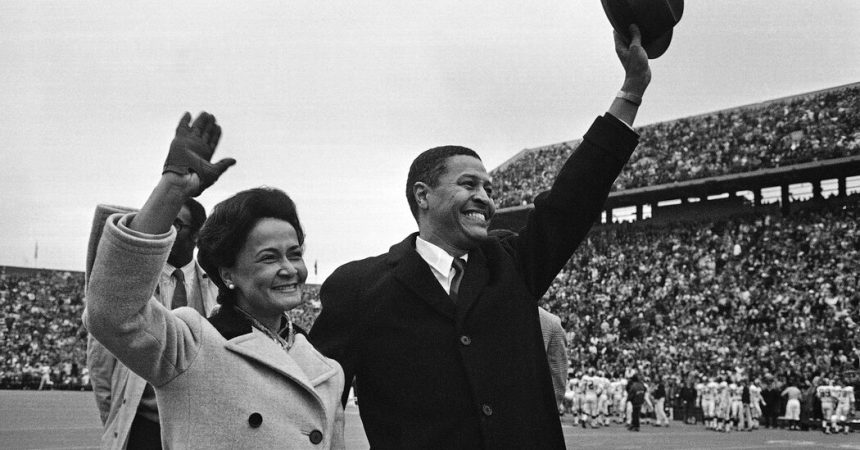When Clifton R. Wharton Jr. was appointed president of Michigan State University in 1969, he became the first African American in the nation to be named to head a major, predominantly white university.
For Dr. Wharton, it was just one of many firsts.
He was the first Black chancellor of the State University of New York. He was the first African American to run a Fortune 500 corporation, and the first to become deputy secretary of state, serving in the Clinton administration.
His remarkable firsts often went unheralded, earning him the nickname “the quiet pioneer.”
But Dr. Wharton, who died of cancer on Saturday in Manhattan, made clear that, though race was important, it was not the driving force in his long life of achievement.
“I’m a man first, an American second and a Black man third,” he told The New York Times after he was named president of Michigan State at age 43. “I do feel my appointment at Michigan is an important symbolic occasion, but that is not the criterion of it. It shows that if one has the skill and the talent, you’re going to make it.”
The son of a career diplomat, Dr. Wharton grew up with a worldview that was propelled by working for many years in far-flung corners of the globe. At his Harvard graduation in 1947, listening to the commencement speaker, Gen. George Marshall, talk about plans for postwar Europe, Dr. Wharton was inspired to pursue international development. A deep interest in Latin America led to a close association with Nelson Rockefeller and five years of development work in rural Venezuela, Brazil and Costa Rica.
Dr. Wharton was determined to improve the lives of people in emerging economies, developing a special interest in agriculture. As vice president of the Agricultural Development Council, he focused on countries in Asia, where he lived, taught, and conducted agricultural growth programs and research.










